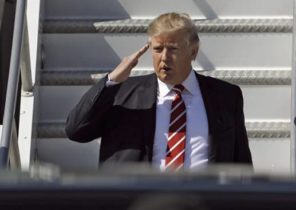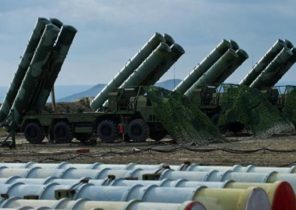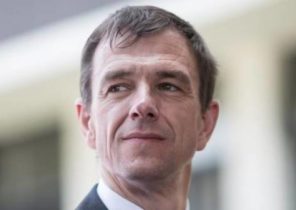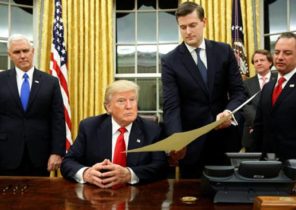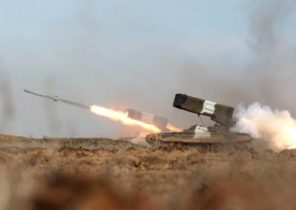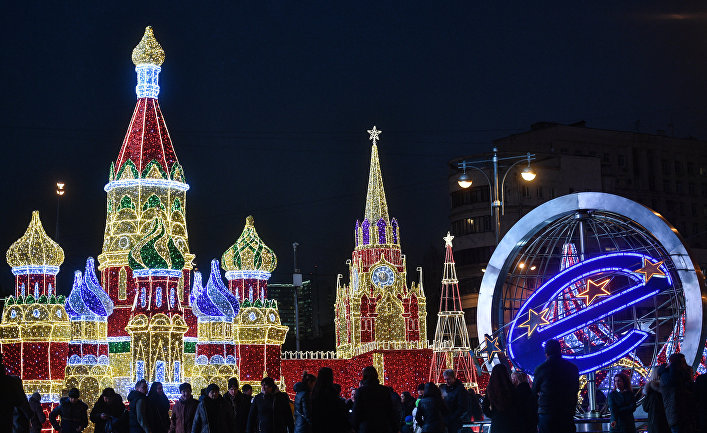
State conference on defense in Selena sparked a flood of opinions about the events of the past. Moderate politicians and the Newspapers, we hear: “Russian military aggression”, “you need to improve the Swedish defence and security policy”, “the strength of the state was more important than raising children’s allowances”, “Russia and Vladimir Putin took another, more powerful position than a few years ago.”
Threatening scenarios remind you of how McCarthy in the 1950s had been hunting their foreign antagonists (then it was the Communists), and now this mania is increasing the number of weapons seem to be obsolete and wild. Especially due to the fact that the sphere of strategic interests of major powers and their allies (the West is NATO) has already formed and stable.
Of course, the unpredictable element in how the actions of major powers and Arab countries. About this NATO Secretary General Jens Stoltenberg (Jens Stoltenberg) on TV talking with Reinfeldt (Fredrik Reinfeldt). As for Russia, he said, you need to meet her “strength and hardness”, but also “open and willing to dialogue.” “We can’t isolate Russia,” he added. Wise insight that in Sweden, apparently, mainly to the parties of the Alliance managed to squeeze into the framework of their propaganda intimidation associated with the need to build up the defenses.
Meanwhile, it is very sad that everyone who now condemns Putin’s rule, figure out what kind of soil it arose. In the television show “Based on documents” (“How to create Putin”) of 20 June, we were asked a few interview with economist Jeffrey Sachs (Jeffrey Sachs) and other knowledgeable participants in the events. It was about how the world responded to the deep crisis in Russia.
The crisis developed on the background of Yeltsin’s rule with the support of dubious foreign advisors and shock therapy of Yegor Gaidar. The national assets were sold out to the oligarchs, and inflation, the economy plunged the people into extreme poverty and destitution.
The country’s “seven” did not show any interest to help bankrupt Russia, writing off debts or providing financial assistance, although this could support the “process of democratization” and rapprochement with Europe. Bush senior refused, as it did with Clinton.
When later in 2000 Putin became President, “returned the dignity of the country”, raised pensions and salaries that were not paid, he also tried to converge with the EU — but to no avail.
I’d like to see the image of the modern Russia moved more accurately, and not just as an excuse to strengthen the defense of the country. We can draw inspiration in those two programmes about Russia in the program “on the Basis of documents.”
